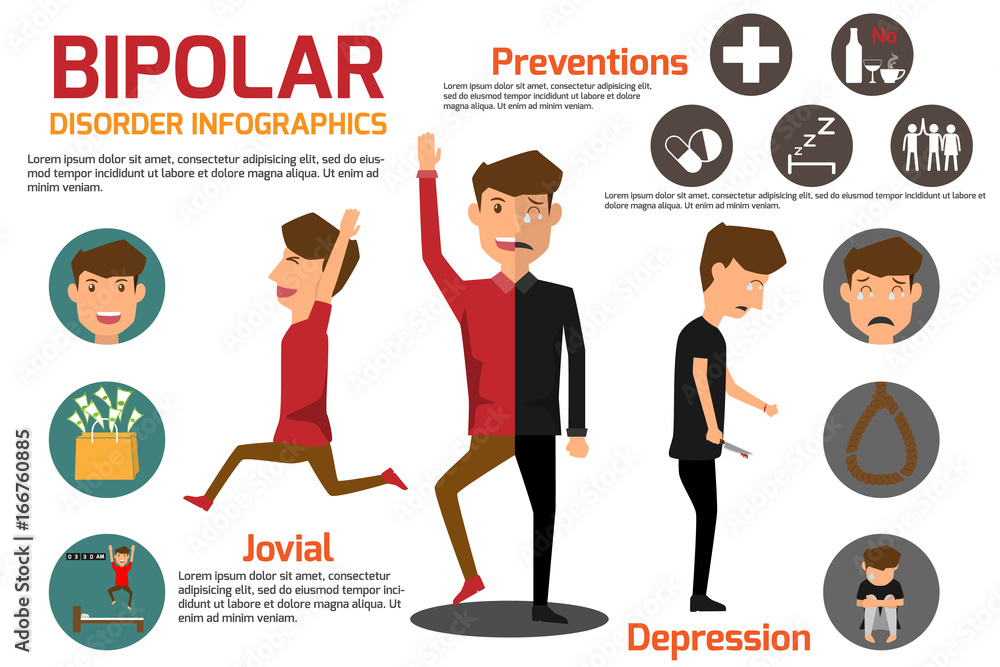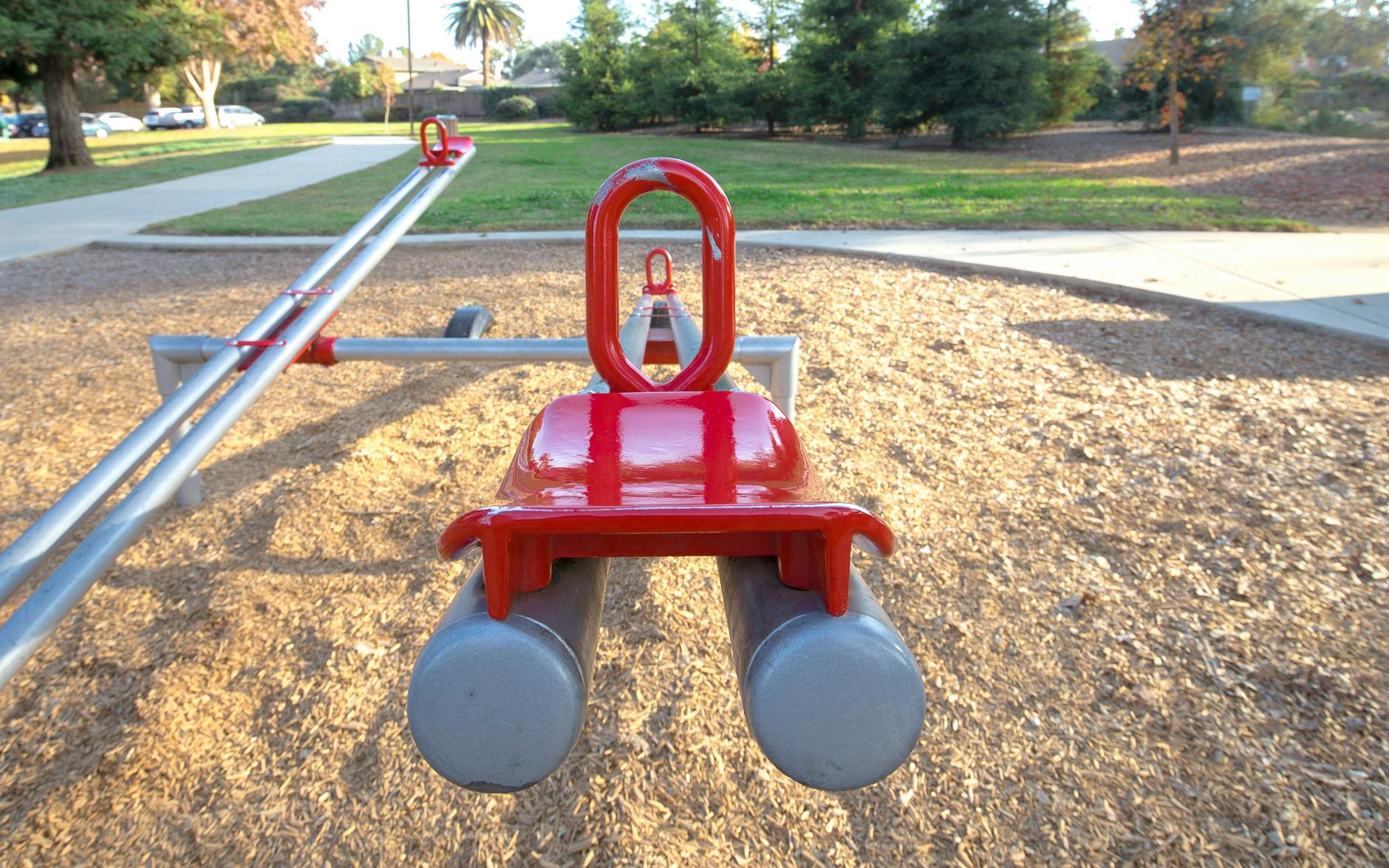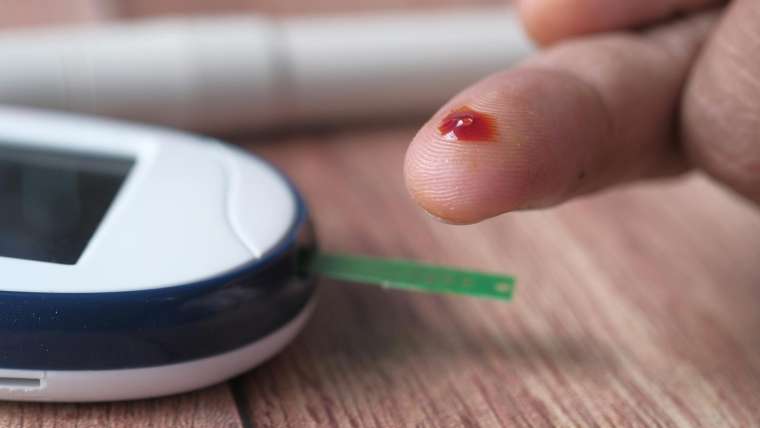Unraveling the mystery of bipolar disorder: demystifying the highs and lows of this complex mental health condition explained here.
Table of Contents
- Introduction to Bipolar Disorder
- Types of Bipolar Disorder
- What Causes Bipolar Disorder?
- Signs and Symptoms
- How Is Bipolar Disorder Diagnosed?
- Treatment Options
- Living with Bipolar Disorder
- Myths vs. Facts
- How to Help Someone You Know
- Summary: Understanding Bipolar Disorder
- Frequently Asked Questions (FAQs)
Introduction to Bipolar Disorder
Bipolar disorder is a mental health condition that affects how a person’s brain functions and how they feel. It is a serious issue similar to physical health problems, like having a cold or a broken bone. Taking care of our minds is just as important as taking care of our bodies.
Understanding Mental Health
Our mental health impacts how we think, feel, and act. It’s like having a superhero inside us that helps us manage challenges and enjoy good times. When our superpowers aren’t working as they should, it’s essential to seek help from doctors and therapists to get back on track.
What Does ‘Bipolar’ Mean?
The term ‘bipolar’ refers to two opposite ends of a spectrum—like night and day. When applied to bipolar disorder, it means experiencing extreme mood changes, swinging from feeling very high and energetic (manic episode) to feeling very low and sad (depressive episode). These intense mood swings can make life challenging for those affected.
Types of Bipolar Disorder
When it comes to bipolar disorder, there are different types that exist. Each type has its own characteristics and affects individuals in unique ways. Let’s explore the three main types of bipolar disorder.
Bipolar I Disorder
Bipolar I disorder is characterized by manic episodes that last for at least seven days or are severe enough to require immediate hospital care. These episodes are followed by depressive episodes that last for at least two weeks. People with Bipolar I disorder may experience extreme highs and lows, impacting their daily life.
Bipolar II Disorder
Bipolar II disorder is similar to Bipolar I, but the manic episodes are less severe. Instead of full-blown manic episodes, individuals with Bipolar II experience hypomanic episodes, which are less intense. However, the depressive episodes can be just as profound as those in Bipolar I disorder.
Cyclothymic Disorder
Cyclothymic disorder is a milder form of bipolar disorder where individuals experience frequent mood swings that last for at least two years. These mood swings are less severe than those in Bipolar I or II, but they can still impact a person’s quality of life. People with cyclothymic disorder may go through periods of feeling elated and energetic followed by periods of feeling down and lethargic.
What Causes Bipolar Disorder?
When it comes to understanding what causes bipolar disorder, there are several factors to consider. This mental health condition can be influenced by a combination of genetic, environmental, and psychological elements. Let’s delve into some of the key aspects that may contribute to the development of bipolar disorder.

Image courtesy of infografolio.com via Google Images
Genes and Family History
Genes play a significant role in the likelihood of developing bipolar disorder. If someone in your family, like a parent or sibling, has been diagnosed with this condition, there is a higher chance that you may also experience it. Scientists have identified certain genes that may be linked to bipolar disorder, although the exact mechanism is still being studied.
Stress and Trauma
Stressful life events can sometimes trigger the onset of bipolar disorder in individuals who are genetically predisposed to it. Situations like post-traumatic stress disorder (PTSD) can also increase the risk of developing this condition. Traumatic experiences can impact the brain’s functioning and may lead to changes in mood regulation, potentially contributing to the emergence of bipolar disorder.
Signs and Symptoms
Manic episodes in bipolar disorder can be characterized by extreme feelings of euphoria, high energy levels, and racing thoughts. During a manic episode, a person may engage in risky behaviors like spending sprees, reckless driving, or impulsive decision-making without considering the consequences. They may also talk quickly, have difficulty concentrating, and feel overly confident in their abilities. It’s important to note that not everyone with bipolar disorder experiences manic episodes.
Depressive Episodes
On the other hand, depressive episodes in bipolar disorder can manifest as intense feelings of sadness, hopelessness, and worthlessness. Those experiencing a depressive episode may lose interest in activities they once enjoyed, have trouble sleeping or oversleep, and struggle to concentrate. They may also experience changes in appetite, fatigue, and thoughts of self-harm or suicide. It’s crucial to seek help from a healthcare professional if you or someone you know is experiencing symptoms of depression.
Mood Swings
Mood swings are a hallmark of bipolar disorder, as individuals can shift between manic and depressive states unpredictably. These fluctuations in mood can be challenging to manage and may interfere with daily life, relationships, and responsibilities. Understanding these mood swings and recognizing the patterns can help individuals with bipolar disorder navigate their condition more effectively. Seeking support from healthcare providers, therapy, and loved ones is essential in managing mood swings and improving overall well-being.
How Is Bipolar Disorder Diagnosed?
When someone is feeling unwell mentally, it’s important to talk to a doctor. Doctors are there to help and can listen to your concerns. They will ask you questions about how you’ve been feeling and how your moods have been changing. Being honest with your doctor is essential so they can understand what’s going on.

Image courtesy of choicespsychotherapy.net via Google Images
Medical Tests
Doctors might also use medical tests to figure out if someone has bipolar disorder. These tests can include blood tests or scans of the brain to see if there are any physical reasons for the way you’ve been feeling. It’s all part of trying to understand what’s happening in your body and mind so that the right treatment can be provided.
Treatment Options
When it comes to treating bipolar disorder, there are various options available to help individuals manage their condition effectively. Let’s explore some of the common treatments recommended by doctors.
Medication
One of the primary ways doctors address bipolar disorder is through the use of medication. These prescribed drugs can help balance mood swings and stabilize the individual’s mental state. It’s essential to take these medications as directed by a healthcare provider to achieve the best results.
Therapy
In addition to medication, therapy is another crucial component of treating bipolar disorder. Different types of talking therapies, such as cognitive-behavioral therapy (CBT) and psychoeducation, can help individuals understand their feelings better and develop coping strategies to manage their symptoms effectively. Therapy sessions provide a safe space for individuals to discuss their emotions and work through their challenges with the guidance of a mental health professional.
Living with Bipolar Disorder
Living with bipolar disorder means taking care of both your body and mind. Eating healthy foods, exercising, and getting enough sleep are all important ways to stay physically healthy. Taking your medication as prescribed by your doctor and attending therapy sessions can help you manage your mood swings and keep your emotions in check.
| Category | Definition |
|---|---|
| What is Bipolar Disorder? | Bipolar disorder, formerly known as manic depression, is a mental health condition characterized by extreme mood swings that include emotional highs (mania or hypomania) and lows (depression). These mood swings can be intense and can affect a person’s ability to carry out daily tasks. |
| Symptoms | Some common symptoms of bipolar disorder include manic episodes (elevated mood, increased energy, racing thoughts), depressive episodes (feeling sad, hopeless, loss of interest in activities), and mixed episodes (symptoms of both mania and depression occurring simultaneously). |
| Types of Bipolar Disorder | There are different types of bipolar disorder, including Bipolar I disorder (manic episodes that last at least 7 days or are severe enough to require immediate hospital care), Bipolar II disorder (hypomanic episodes and depressive episodes), and Cyclothymic disorder (milder form of bipolar disorder with less severe mood swings). |
| Treatment | Treatment for bipolar disorder often involves a combination of medication (mood stabilizers, antipsychotics, antidepressants) and therapy (cognitive-behavioral therapy, interpersonal therapy). It is important for individuals with bipolar disorder to work closely with healthcare professionals to develop a treatment plan that works best for them. |
| Impact on Daily Life | Bipolar disorder can have a significant impact on a person’s daily life, relationships, work, and overall well-being. It is a chronic condition that requires ongoing management and support. With proper treatment and coping strategies, individuals with bipolar disorder can live fulfilling lives. |

Image courtesy of www.learningsuccessblog.com via Google Images
Support from Friends and Family
Support from friends and family can make a big difference when you have bipolar disorder. They can listen when you need to talk, offer a shoulder to lean on, and provide encouragement when things get tough. It’s important to share your feelings with trusted loved ones and let them know how they can best support you. Remember, you don’t have to go through this alone.
Myths vs. Facts
Some people believe that bipolar disorder is just about having drastic mood swings like being happy one moment and sad the next. In reality, bipolar disorder involves much more than just regular mood swings. It’s a mental health condition that causes extreme changes in mood, energy, and activity levels. These mood swings are more intense and can interfere with daily life.
Fact: Treatment Can Help
It’s important to know that bipolar disorder can be effectively managed with the right treatment. With a combination of medication and therapy, people with bipolar disorder can lead normal, fulfilling lives. Treatment helps to stabilize mood swings, reduce the frequency of depressive or manic episodes, and improve overall quality of life. Seeking help and sticking to a treatment plan is key to managing bipolar disorder.
How to Help Someone You Know
When someone you know is dealing with bipolar disorder, it’s essential to show your support and understanding. Here are some ways you can help them through their journey:

Image courtesy of stock.adobe.com via Google Images
Listening is Important
One of the most significant ways you can help someone with bipolar disorder is by being a good listener. Sometimes all they need is someone to talk to who will hear them without judgment. Make sure to actively listen to their concerns and feelings, offering your support and empathy.
Being Patient
Dealing with bipolar disorder can be challenging, and your loved one may have ups and downs that can be difficult to navigate. It’s crucial to be patient with them as they go through their journey towards better mental health. Understand that it might take time for them to see improvements and be there to support them along the way.
Summary: Understanding Bipolar Disorder
Understanding bipolar disorder is essential in recognizing it as a mental health condition. Bipolar disorder is not just about feeling happy or sad; it involves extreme mood swings that can impact a person’s daily life.
What Bipolar Means
The term ‘bipolar’ refers to the two extremes of mood that someone with the disorder experiences. It can range from manic episodes where a person feels overly excited and energized to depressive episodes where they feel hopeless and lethargic.
Types of Bipolar Disorder
There are different types of bipolar disorder, including Bipolar I, Bipolar II, and Cyclothymic disorder. Each type has its own set of symptoms and severity levels.
Causes of Bipolar Disorder
While the exact cause of bipolar disorder is unknown, factors like genes, family history, stress, and trauma can contribute to its development. Understanding these factors is crucial in managing the condition.
Signs and Symptoms
Recognizing signs like manic episodes, depressive episodes, and mood swings is key in identifying bipolar disorder. These symptoms can vary in intensity and duration.
Diagnosing Bipolar Disorder
Doctors diagnose bipolar disorder through discussions with patients about their symptoms and medical tests to rule out other possible causes. Seeking help from a healthcare professional is important in getting the right diagnosis.
Treatment Options
Treatment for bipolar disorder often involves a combination of medication to stabilize moods and therapy to help individuals cope with their emotions. Doctors work closely with patients to find the most effective treatment plan.
Living with Bipolar Disorder
Individuals living with bipolar disorder can lead fulfilling lives by maintaining a healthy lifestyle, seeking support from friends and family, and following their treatment plan consistently.
By understanding bipolar disorder and how it affects individuals, we can provide better support and remove stigma surrounding mental health conditions.
Frequently Asked Questions (FAQs)
Can kids have bipolar disorder?
Yes, kids can have bipolar disorder. While it is more common in adults, children can also experience this mental health condition. It may present differently in kids compared to adults, but doctors can diagnose and treat bipolar disorder in children just like they do in adults. It’s essential for parents and caregivers to pay attention to any unusual changes in their child’s behavior or moods and seek help from a healthcare provider if needed.
Is bipolar disorder something you can catch?
No, bipolar disorder is not something you can catch like a cold or the flu. It is a mental health condition that is believed to be influenced by a combination of genetic, environmental, and neurobiological factors. It is not contagious and cannot be spread from person to person through contact. If someone in your life is diagnosed with bipolar disorder, it’s important to offer understanding, support, and empathy as they navigate their mental health journey.





